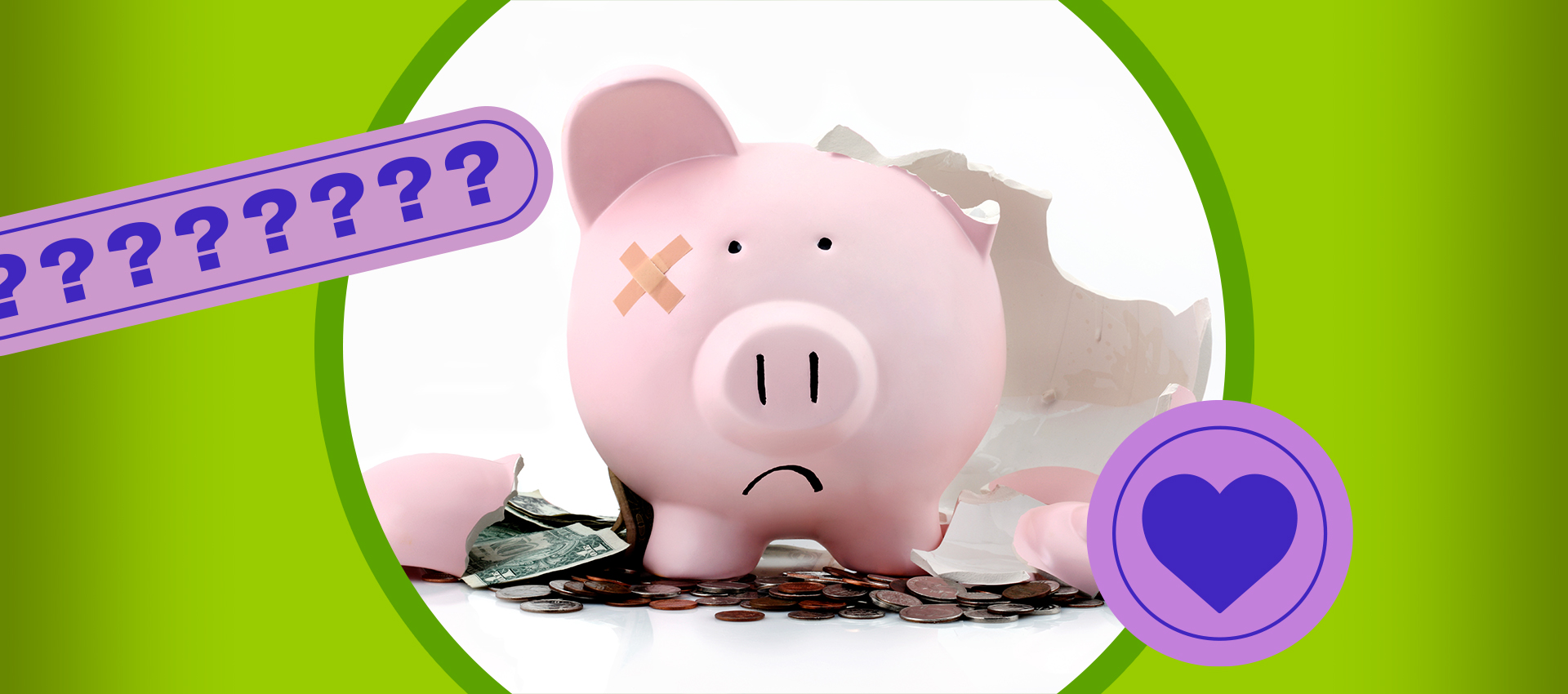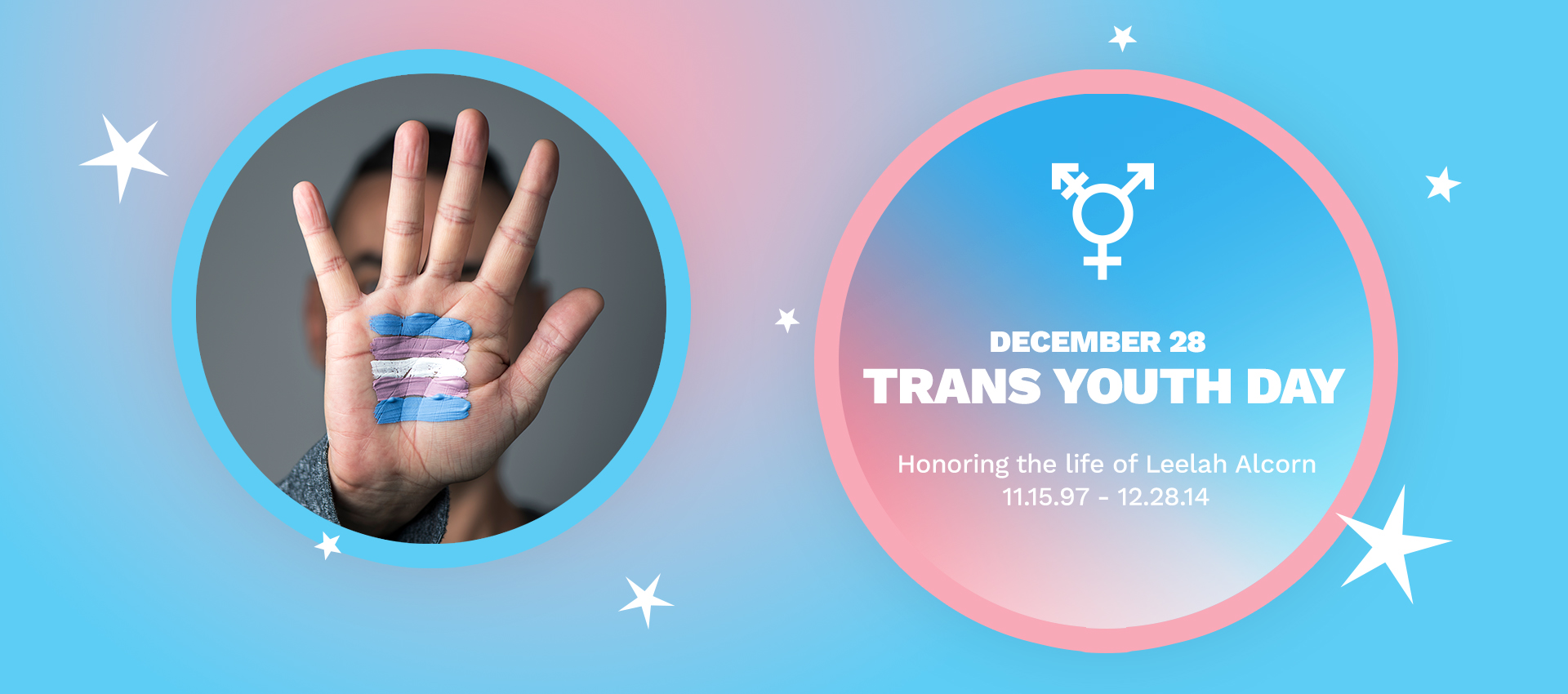Planning for a healthy pregnancy.
Whether you plan to have a child now or in the future, knowing what preconception health is and how it can help you is the first step you can take with your partner when planning for a baby.
What is preconception health?
Preconception health is the process of taking control of your reproductive health before pregnancy. This means knowing your own health conditions as well as those of your partner. It also means understanding how fertility works, along with other important things that can affect a pregnancy.
Where do I start if I’m planning a pregnancy?
There are many things you can do if you’re ready to have a child. The first is to talk with a healthcare provider, who can give you advice on the things you should/shouldn’t do as you try for a pregnancy.
A provider will talk with you about the following:
- You/your partner’s period – the timing of you/your partner’s period is one of the most important things to know in the pregnancy planning stage as this will help you understand the time when you have the best chance of getting pregnant, or when you/your partner is most fertile. How often and how long a period starts and lasts also factors into pregnancy planning as any unusual patterns could make having a baby harder.
- Medications – your healthcare provider will ask you what medications you/your partner is taking and tell you if they may be unsafe to take while attempting to become pregnant or during pregnancy.
- How you can get healthy – you should start taking folic acid at least one month before pregnancy, and you should continue to take it while pregnant. Other things that can affect your pregnancy include eating a healthy diet, exercising regularly and keeping up with your vaccinations. Getting vaccinated will not harm your chances of getting pregnant or your child if you’re vaccinated while pregnant.
- Things to avoid – avoid coming into contact with harmful toxins like lead paint, asbestos, pesticides, organic solvents, heavy metal and organics/radiation. It’s also important to avoid alcohol, smoking of any kind and drug use before and during pregnancy.
If you’re pregnant and have a cat you should ask someone else to clean the litter box whenever possible, or wear a mask and gloves to avoid toxoplasmosis exposure. Toxoplasmosis is a harmful parasite commonly found in cat waste that can be passed to a baby if you’re pregnant and lead to miscarriage or other damage to the fetus.
Toxoplasmosis infection may also come from raw or undercooked meats, including some fish, like raw sushi.
I want to have a baby at some point but not right now – can I plan ahead?
If you want to have a child but aren’t sure of when, it’s never too soon to start planning. You can talk with your doctor about your reproductive health plan, which is a plan you come up with to discuss your reproductive goals.
If preventing pregnancy is important to you, talk with your doctor about your birth control options or check out the different types of birth control that may be right for you. If you’re unsure which one may be best for you, your healthcare provider can help you decide.
You can also start reducing any factors that might affect your baby later by taking action now. A great place to start is getting screened regularly for STIs or cancer that may affect your ability to become pregnant later.
What can my partner do?
Your partner can talk with their healthcare provider about their health, family health history and any medications that they are taking. It’s also important to make sure that you and your partner make any/all decisions about pregnancy together.
Whether you are ready for a child now or in the future, taking control of your preconception health today is an important step you can take to prep for a safe and healthy pregnancy. Own your future today by talking to a healthcare provider near you about your reproductive health plan.
Learn more at KeepRelationshipsReal.com.



